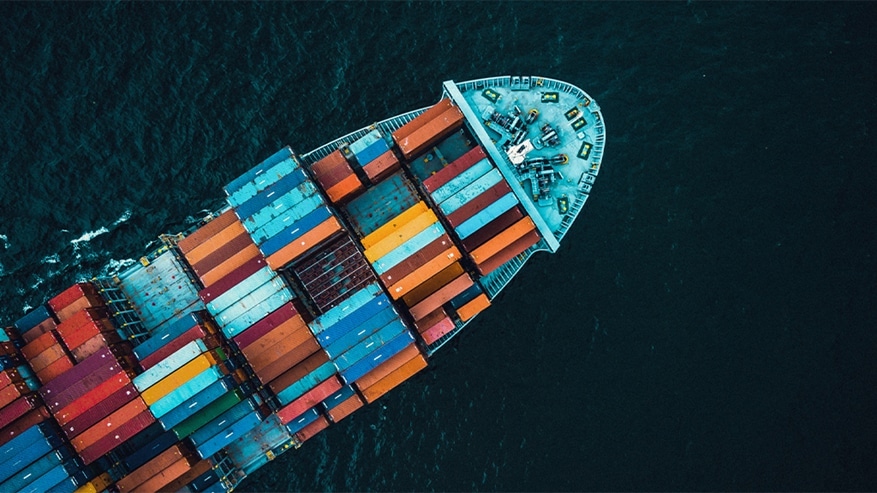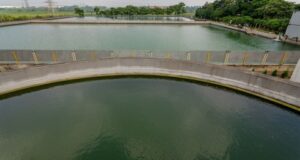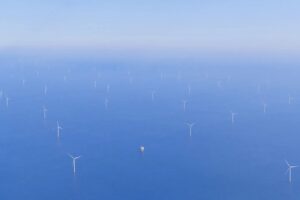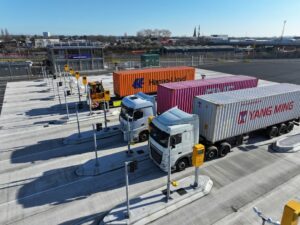Maersk accelerates the efforts to decarbonise marine operations with the launch of the world’s first carbon neutral liner vessel in 2023, seven years ahead of the initial 2030, ambition. All future Maersk owned new buildings will have dual fuel technology installed, enabling either carbon neutral operations or operation on standard very low sulphur fuel oil (VLSFO).
“A.P. Moller – Maersk’s ambition is to lead the way in decarbonising global logistics. Our customers expect us to help them decarbonise their global supply chains, and we are embracing the challenge, working on solving the practical, technical and safety challenges inherent in the carbon neutral fuels we need in the future. Our ambition to have a carbon neutral fleet by 2050 was a moonshot when we announced in 2018. Today we see it as a challenging, yet achievable target to reach,” says Søren Skou, CEO, A.P. Moller – Maersk.
Maersk’s methanol feeder vessel will have a capacity of around 2000 TEU and be deployed in one of its intra-regional networks. While the vessel will be able to operate on standard VLSFO, the plan is to operate the vessel on carbon neutral e-methanol or sustainable bio-methanol from day one. Both the methanol-fueled feeder vessel and the decision to install dual fuel engines on future newbuildings are part of Maersk’s ongoing fleet replacement. CAPEX implications will be manageable and are included in current guidance.
“Our ambition to have a carbon neutral fleet by 2050 was a moonshot when we announced in 2018. Today we see it as a challenging, yet achievable target to reach,” says Søren Skou, CEO, A.P. Moller – Maersk
A key collaboration partner is the Mærsk Mc-Kinney Møller Center for Zero Carbon Shipping, an independent, non-profit research and development center, that works across sectors, organisations, research areas and regulators to accelerate the development and implementation of new energy systems and technologies.






